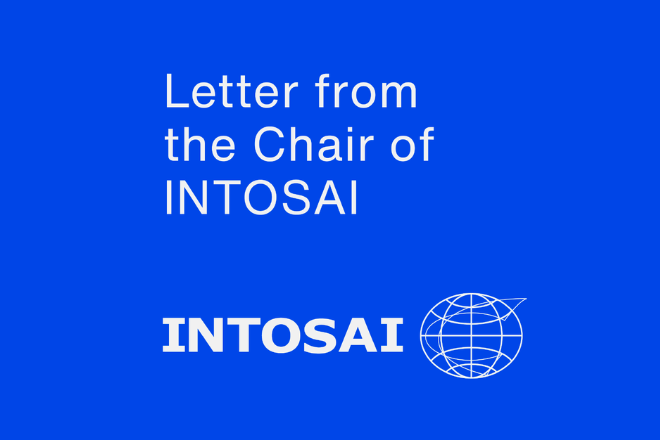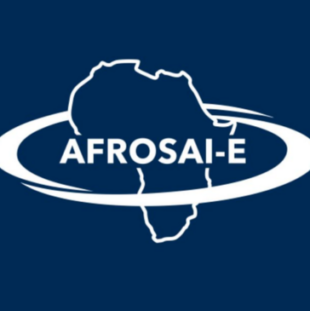The Importance of ISSAI 140 for Quality Management in Government Audits

The chair of the International Organization of Supreme Audit Institutions (INTOSAI), Minister Bruno Dantas, in his April 2024 open letter, writes about the importance of ISSAI 140 for Quality Management in Government Audits.

To guarantee the trust, credibility, and effectiveness of Supreme Audit Institutions (SAIs), it is crucial to ensure the quality of the audits they conduct. In this particular context, the concept of quality refers to the degree of compliance of the audits and reports issued by the audit institutions with the professional standards and applicable legal regulatory requirements. This compliance contributes to the fulfillment of their mandate and enhances their overall performance.
The revised ISSAI 140, approved by the International Organization of Supreme Audit Institutions (INTOSAI) Governing Board in November 2023 and set to take effect in 2025, is a major milestone in government audit quality management.
This standard adopts a comprehensive and systemic risk-based approach to quality management, offering Supreme Audit Institutions a robust and dynamic framework for ensuring audit quality. With this revision, quality management becomes oriented towards the risks that most impact the quality objectives previously established by each SAI.
The purpose of ISSAI 140 is to assist audit institutions in establishing a comprehensive quality control system that is tailored to their mandate and specific circumstances, while also effectively managing quality-related risks. For this system to be effective, it must be integrated into the strategy, culture, policies, and procedures of each SAI.
The System of Audit Quality Management (SoAQM), as outlined in ISSAI 140, is designed, implemented, and operated by audit institutions at the organizational level. It supports the achievement of objectives and enables SAIs to conduct high-quality audits, fulfill their responsibilities in accordance with professional standards and applicable legal and regulatory requirements, and effectively contribute to the control of public resources.
Understanding the main role of ISSAI 140 is crucial for transitioning from outdated quality control systems to a systematic, dynamic, scalable, and risk-based approach. Successful implementation of SoAQM requires a clear understanding of its essential components, including leadership, ethical requirements, stakeholder relationships, human resources, performance, and monitoring.
Supporting audit institutions in implementing this system is essential to ensure a smooth and effective transition to this new quality management paradigm. Within this context, I emphasize the crucial role of the INTOSAI Development Initiative (IDI) in providing comprehensive support to SAIs.
One notable example is the development of the SoAQM Playbook, which aims to support organizations in implementing customized quality management systems. It includes detailed technical guidelines, recommended tools and templates, and specific application examples to aid in understanding and implementing the system. The SoAQM Global Pilot is another initiative that aims to assist institutions in adopting SoAQM through training and personalized support. Currently, this project involves 12 SAIs from EUROSAI, CAROSAI, ASOSAI, and AFROSAI-E.
Additionally, I would like to underline that the Brazilian Federal Court of Accounts (SAI Brazil) has consistently been applying the revised ISSAI 140 since last year, after the approval of the quality objectives. Our plan for 2024 is to continue implementing measures to mitigate the identified risks.
ISSAI 140 plays a key role in promoting excellence and trust in government audits. The revision of ISSAI 140 and the implementation of SoAQM represent a significant step in the right direction, offering a strong and flexible framework for ensuring the quality of our audits. By incorporating a risk-based approach, Supreme Audit Institutions are strategically positioning themselves to reach even greater standards of quality and effectiveness.
Audit institutions play a crucial role in ensuring the ongoing success of quality management in government audits through their leadership and commitment. As we move towards full implementation of the revised ISSAI 140, we must continue to work together and share knowledge and expertise to enhance the quality management in government audits.
I am convinced that our work will achieve new levels of quality and integrity. Together, we are forging the future of quality management in government audits and promoting a global culture of transparency, accountability, and excellence in the public sector.






